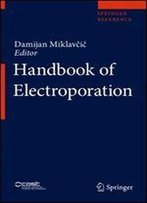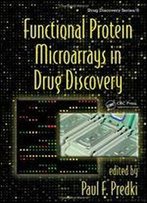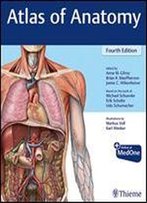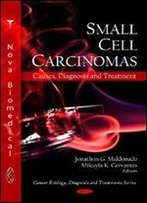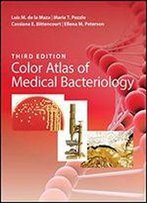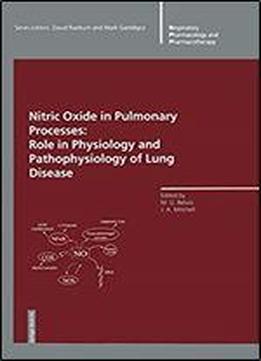
Nitric Oxide In Pulmonary Processes: Role In Physiology And Pathophysiology Of Lung Disease
by David Bishop-Bailey /
2000 / English / PDF
5.7 MB Download
Nitric oxide is an endogenously produced gas with a wide range of biological effects and has been implicated in many physiological and pathophysiological processes. It is released by many cell types in various organs but is particularly important in the maintenance of normal lung function. Nitric oxide in exhaled breath has been identified as a marker for lung disease in some patients. Thus, it is appropriate to consider the lung separately for the role and functioning of nitric oxide. The authors identify key areas in the history, biochemistry, physiology, pathophysiology, immunology and clinical applications of nitric oxide in the lung. The contents of this book will be of particular importance to scientists and clinicians with an interest in lung disease. Moreover, the authors encompass state of the art opinions of and rational for the therapeutic potential of nitric oxide and its inhibitors.
